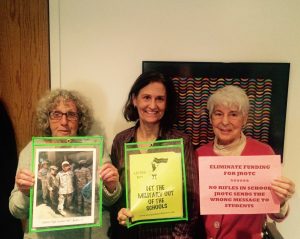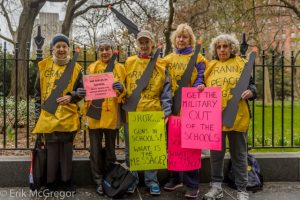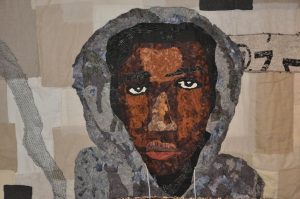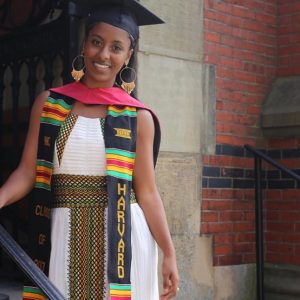Podcast: Play in new window | Download
If you’ve attended NYC protests over the past few years you might have seen a group of women that stand out from the crowd. A lot of credit is given to younger generations for their increasing presence in marches and protests, but this group is made up of women who have been protesting for decades. They call themselves the Granny Peace Brigade. The name is fitting in every way as the group is comprised of all older women who have been at the forefront of many anti-war, anti-military and counter recruitment movements.
After a group of them were arrested at the Times Square recruitment center in 2005, they made their official debut as the Granny Peace Brigade to defend their civil rights in court. In the next 13 years as new members joined, their message only grew louder. In conjunction with other groups over time, such as Code Pink and the Raging Grannies, the Granny Peace Brigade has worked to denounce and resist both local and global militarism, war and endless devastation to civilian life. Granny Peace Brigade Blog
Guests – Joan Plune and Barbara Harris, two longstanding members of the Granny Peace Brigade.
—-
In 1989, an exhibition at the American Craft Museum offered a new appraisal of quilts in this country suggesting that quilting derives from African design, and even reflects the improvisational nature of the music of Africa.
Historians Jacqueline Tobin and Raymond Dobard claim that African American slaves may have used a quilt code to navigate the Underground Railroad. Such patterns as the “wagon wheel,” “tumbling blocks,” and “bear’s paw” were passed down from one generation to another, and seem to have held secret messages to assist in guiding slaves to freedom.
Sara Trail began sewing at age four and by 11 she was teaching others to sew. In 2012, Treyvon Martin was murdered in Florida. They were the same age, 17, and his death stirred in her a need to do something on behalf of social justice. She created an oversize portrait quilt of Treyvon and gave it to his mother at a Black Lives Matters event.
Sara began to study ways to apply her talent at sewing to social justice given its importance as a tradition during slavery. She saw the potential in quilting to encourage discussions about current social issues.
A grant from UC Berkeley for a 6-week summer program serving high school students of color from the Bay Area, helped her create the Social Justice Sewing Academy.
Guest – Sara Trail, Sara dedicates her art practice to social justice reform and created SJSA in efforts to engage students and activists across the United States who share a common vision of equity and justice. She uses art as a vehicle for motivation and awareness while providing people a platform to create activist art through fabric textiles. She encourages people to become artivists [art + activist] and designs community social justice quilts as a tool for social critique and action.
———————————-



